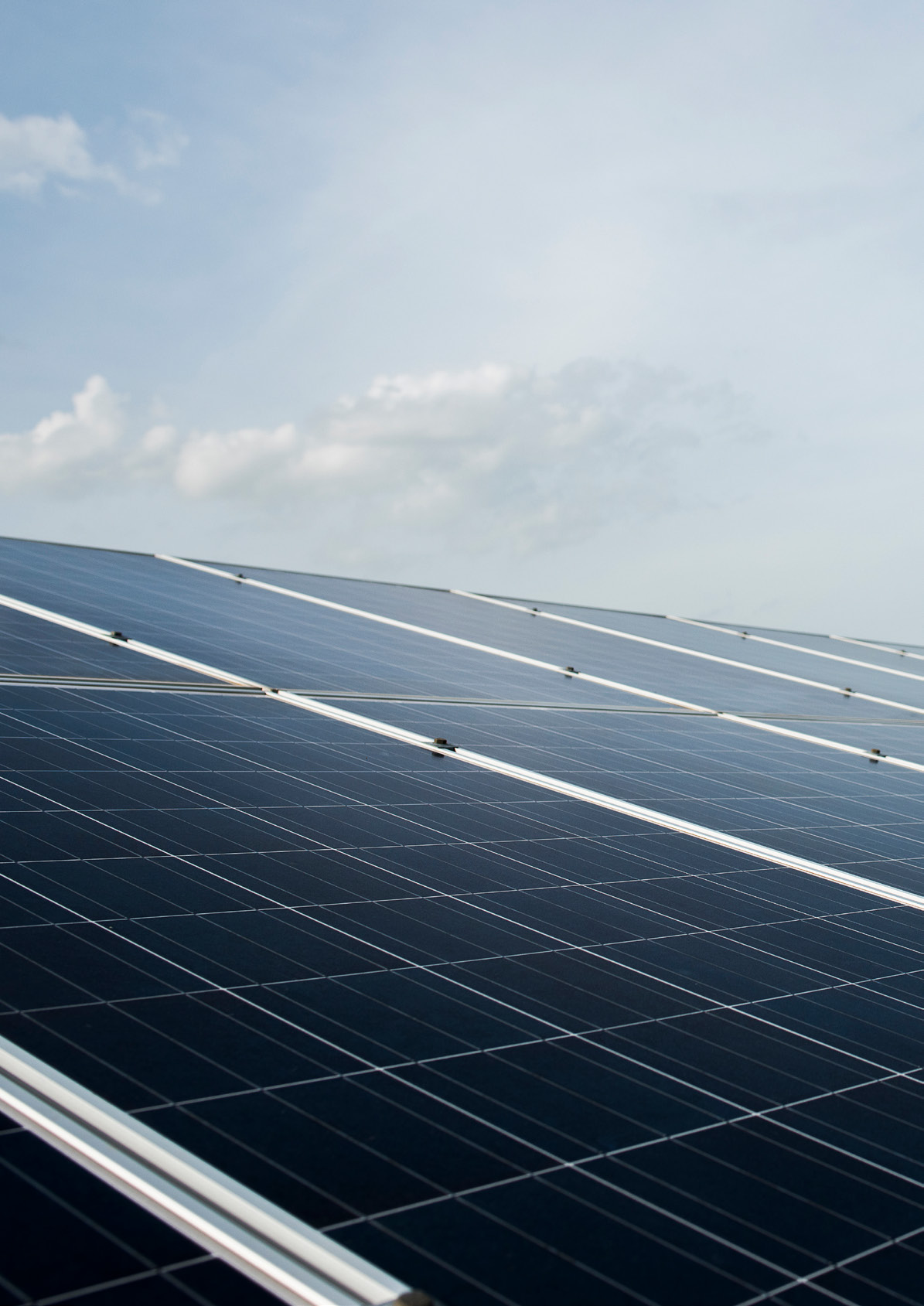Zimbabwe possesses considerable potential for developing large-scale solar farms, offering a dual benefit: meeting domestic energy demands and exporting surplus power to neighbouring countries. The country enjoys abundant sunshine, a crucial ingredient for solar energy generation, making it an ideal location for such projects. Harnessing this resource on a large scale could significantly boost Zimbabwe’s electricity supply, addressing current shortages and fostering economic growth. Increased access to reliable electricity would stimulate industrial development, create jobs, and improve living standards for communities across the nation. Furthermore, it would reduce reliance on expensive and often polluting fossil fuel imports, enhancing energy security and promoting a cleaner environment.
Beyond domestic consumption, large-scale solar farms in Zimbabwe could become a significant source of export revenue. Several neighbouring countries in the region face their own energy deficits, creating a ready market for electricity generated from renewable sources. Exporting solar power could generate substantial foreign currency, strengthening Zimbabwe’s economy and contributing to regional energy stability. This would also position Zimbabwe as a key player in the regional energy market, fostering cooperation and potentially attracting further investment in renewable energy infrastructure. The development of these solar farms would require significant investment, but the long-term economic and environmental benefits make it a worthwhile endeavour. Such projects could attract both domestic and international investors, creating opportunities for public-private partnerships.
Realizing this potential requires careful planning and execution. A supportive regulatory framework is essential to attract investment and streamline the development process. This includes clear policies on land use, grid connection, and power purchase agreements. Investments in transmission infrastructure are also crucial to effectively transport the generated electricity to both domestic consumers and export markets. Furthermore, it is important to consider the environmental and social impacts of large-scale solar farms, ensuring that projects are developed sustainably and that local communities benefit from the development. This includes conducting thorough environmental impact assessments and engaging with local stakeholders to address any concerns.
Zimbabwe’s potential for large-scale solar farm development offers a pathway to energy independence, economic growth, and regional cooperation. If Zimbabwe capitalized on its abundant solar resources, it could not only meet its own energy needs but also become a major exporter of clean energy, contributing to sustainable development and regional energy security. With the right policies and investments, Zimbabwe can transform its energy sector and become a leader in renewable energy in the region.

